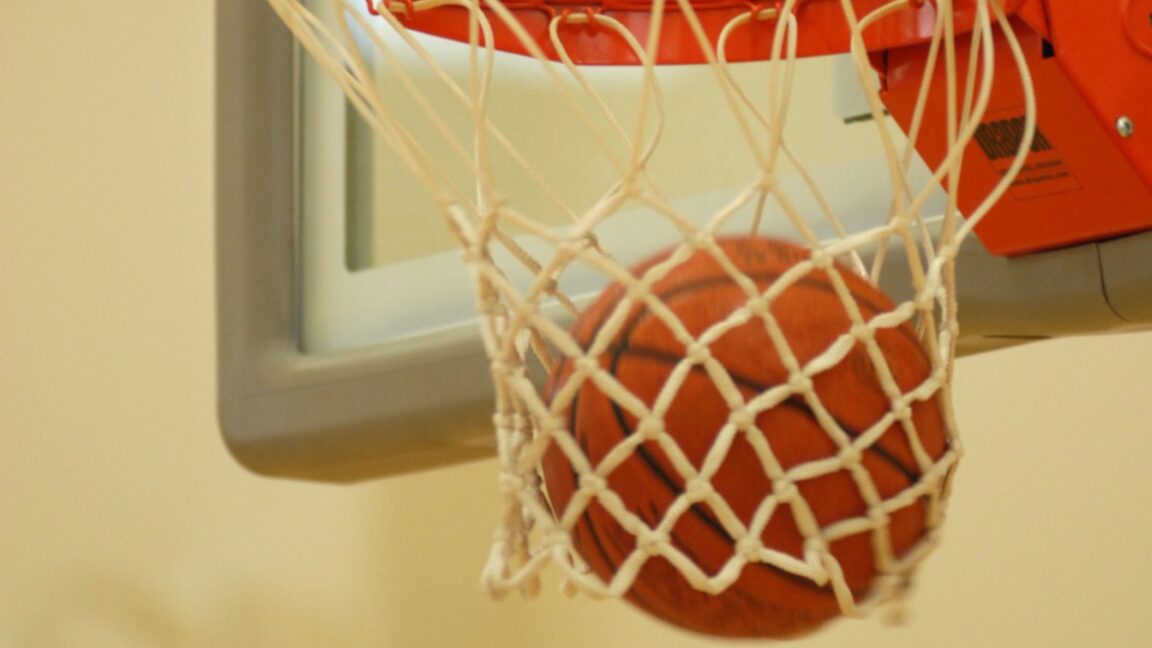
March Insanity is upon us but once more because the NCAA basketball event kicks off in earnest: 68 groups dealing with off in a collection of matchups till just one champion is left standing. Tens of millions of sports activities followers participate by creating their very own bracket predictions. The problem is that there are such a lot of variables and potential outcomes, it is virtually not possible to plot the right bracket, accurately calling the end result of each matchup. On-line recommendation abounds, from newbie lovers to skilled sports activities analysts at media giants. (CBS Sportsline’s bracket projection model, for example, simulates each recreation within the event 10,000 occasions to optimize the accuracy of their predictions.)
However what for those who’re simply seeking to, say, beat the workplace pool, or you do not need to merely blindly observe the seedings or predictions of these elaborate fashions? What less complicated methods may one make use of to realize an edge in a crowded area? Albert Cohen of Michigan State College, who focuses on statistics and actuarial science, together with sports activities analytics, is not a gambler himself. (Somebody who “appears to be like at life primarily based on threat” is understandably moderately risk-averse with regards to playing.) However he did provide Ars some perception into the science of “bracketology,” together with a couple of useful normal ideas.
Ars Technica: There are such a lot of completely different attainable brackets. What are the precise odds of somebody choosing the right one?

